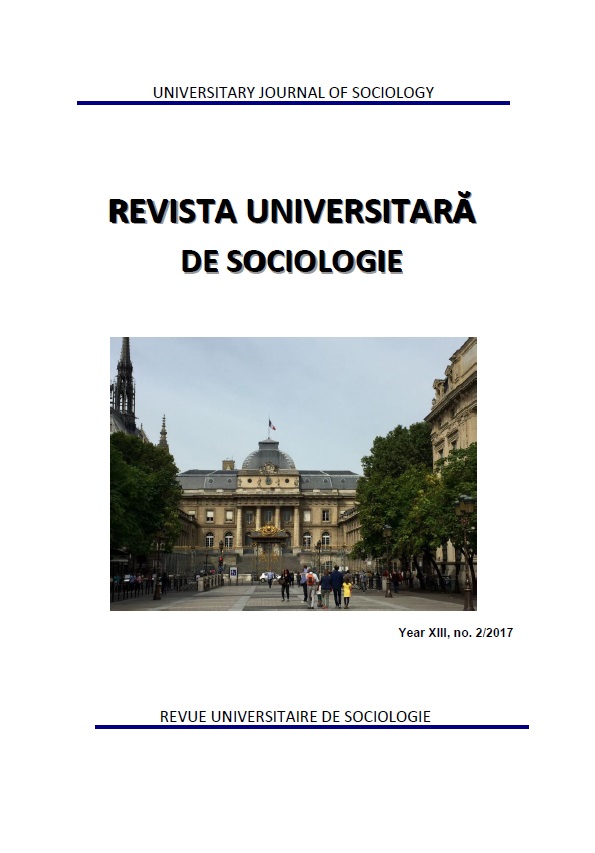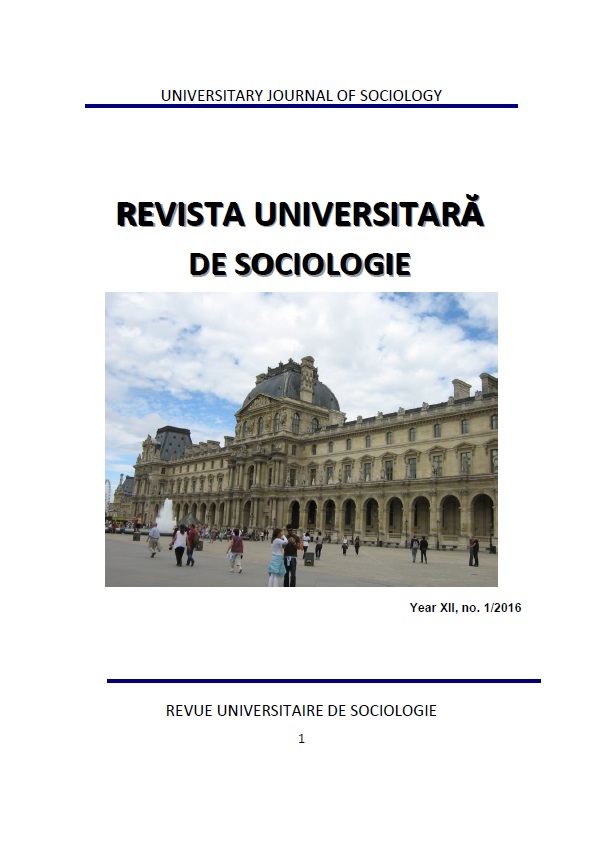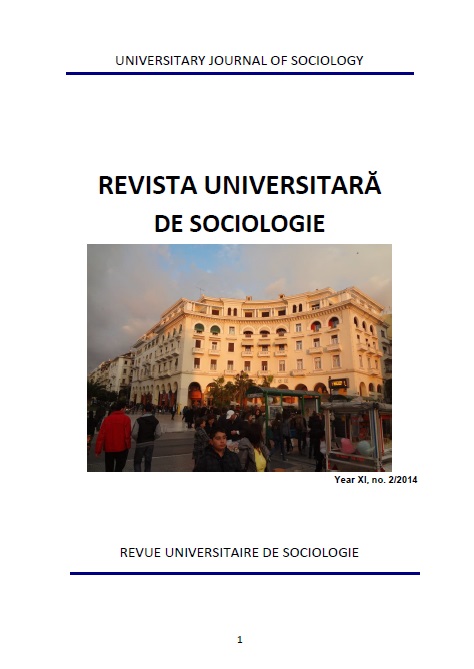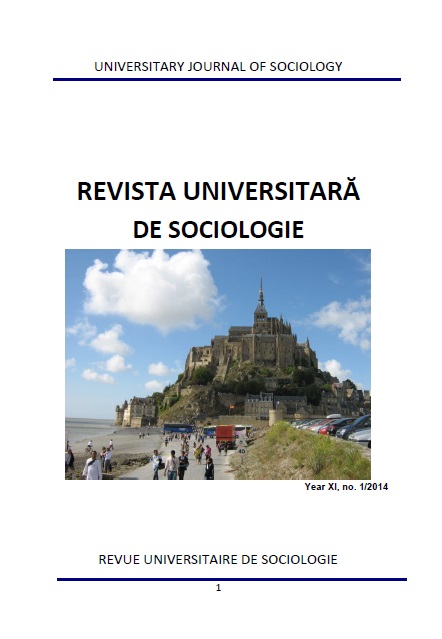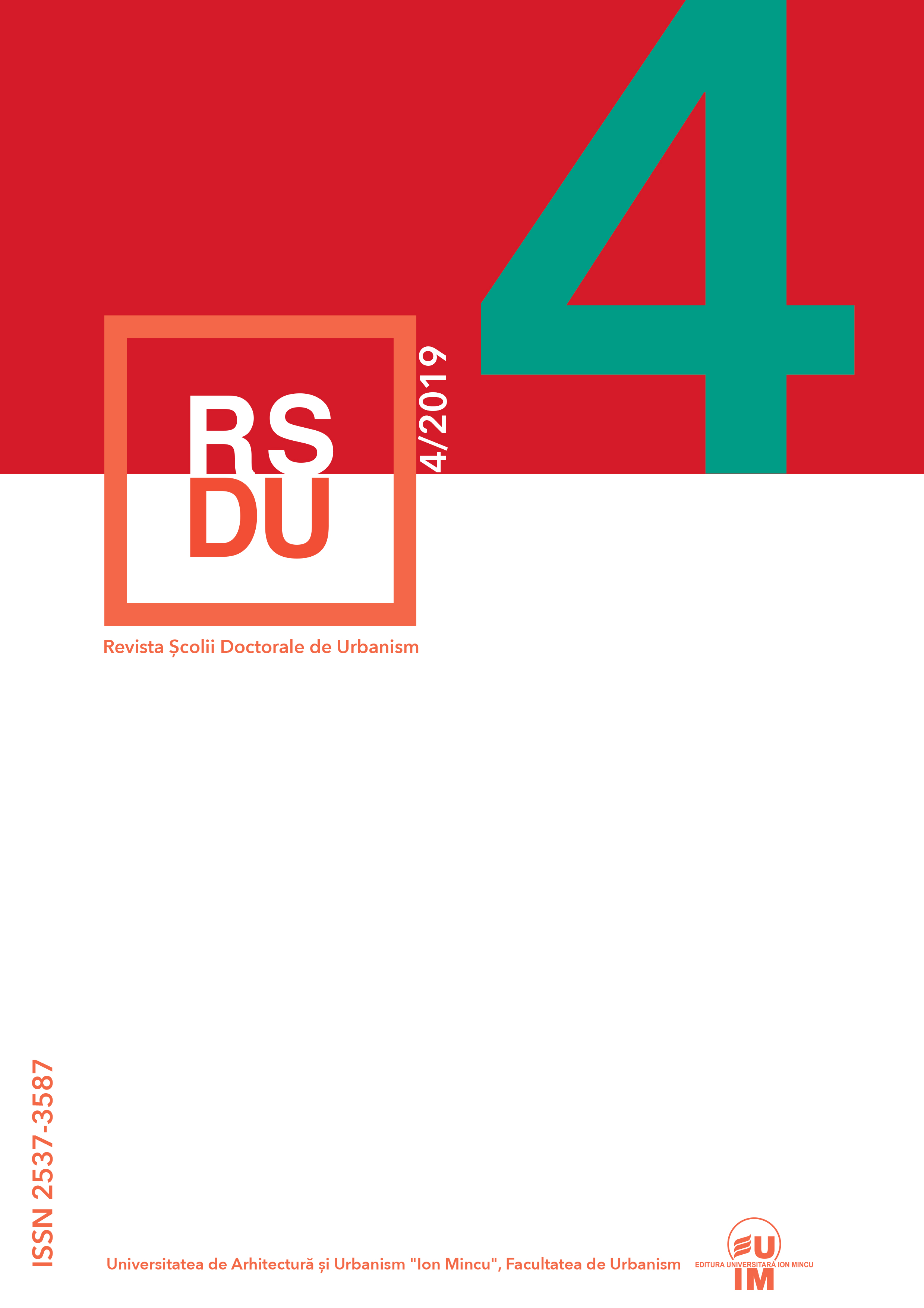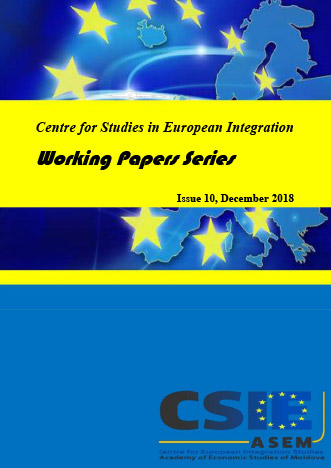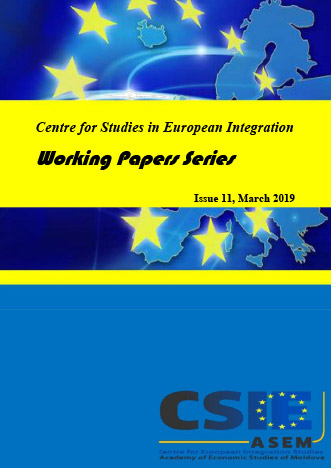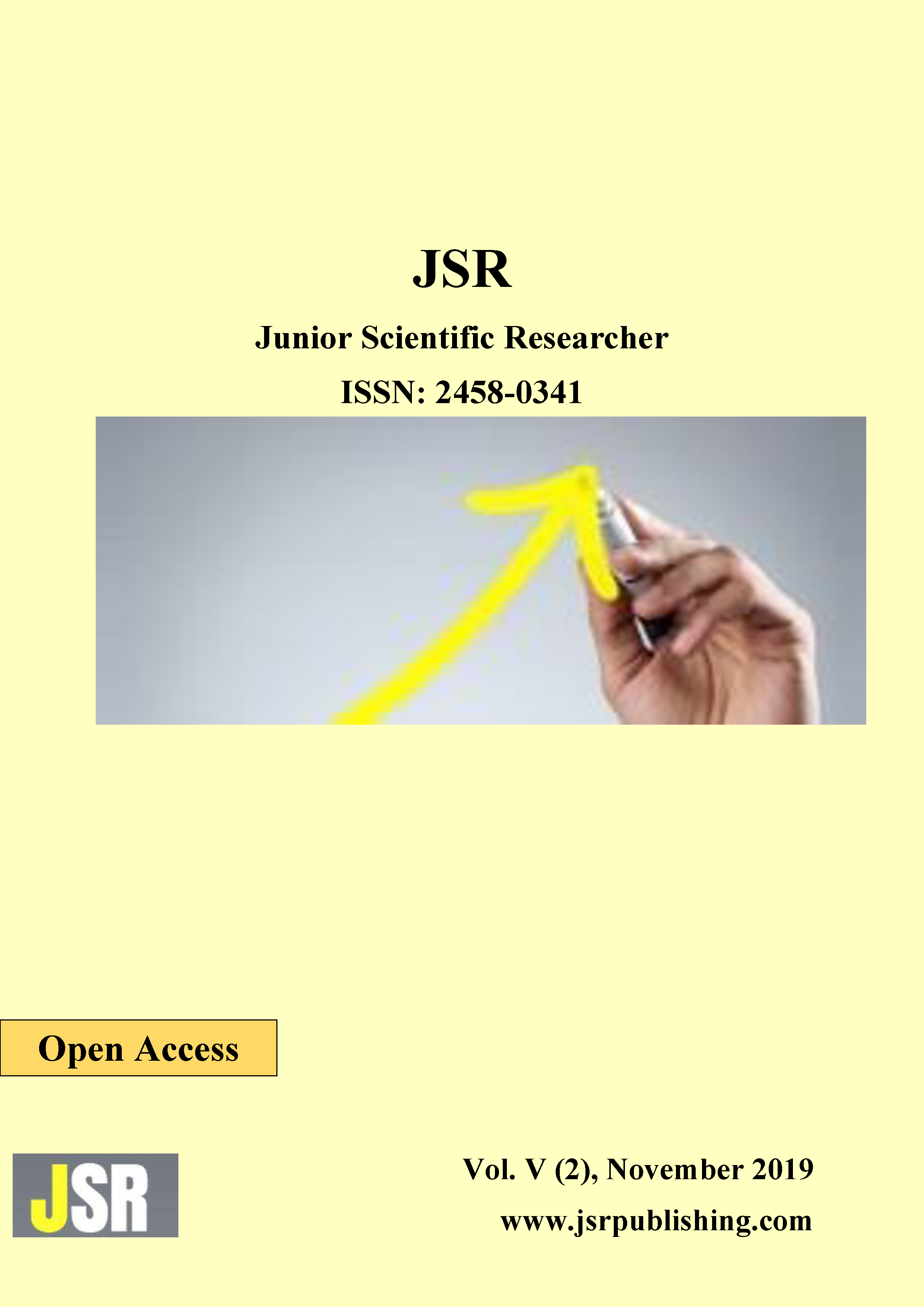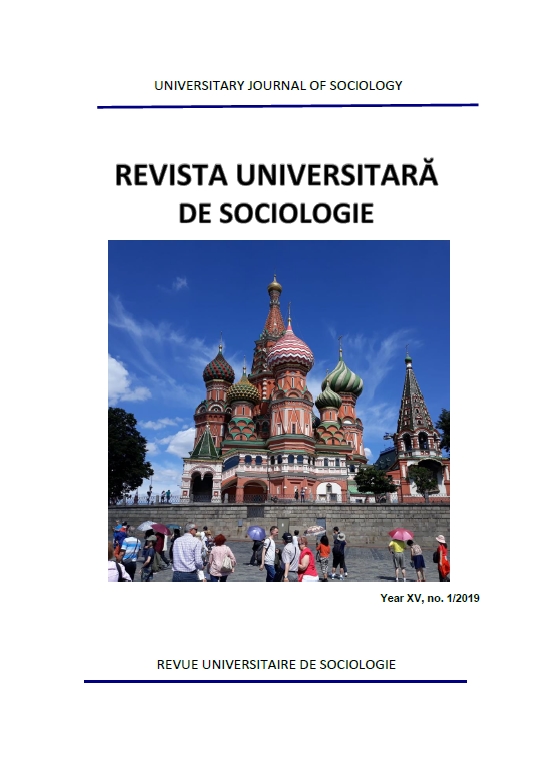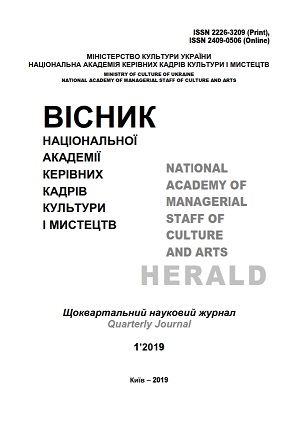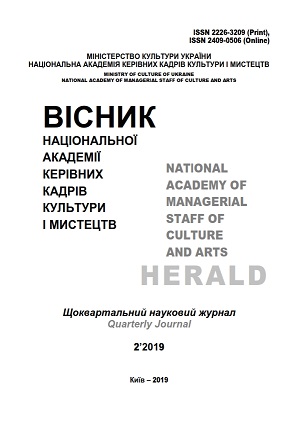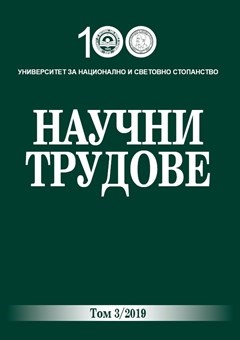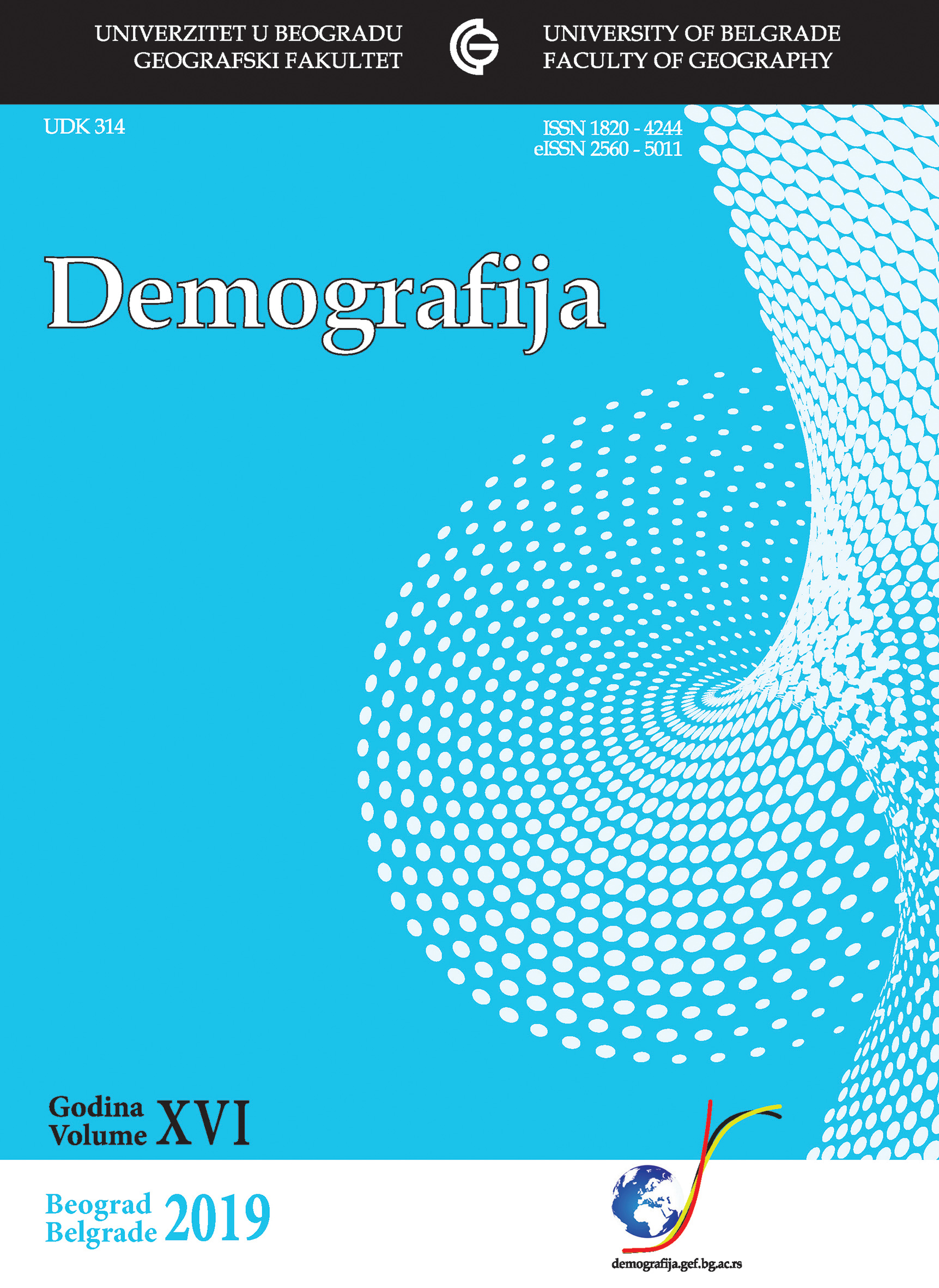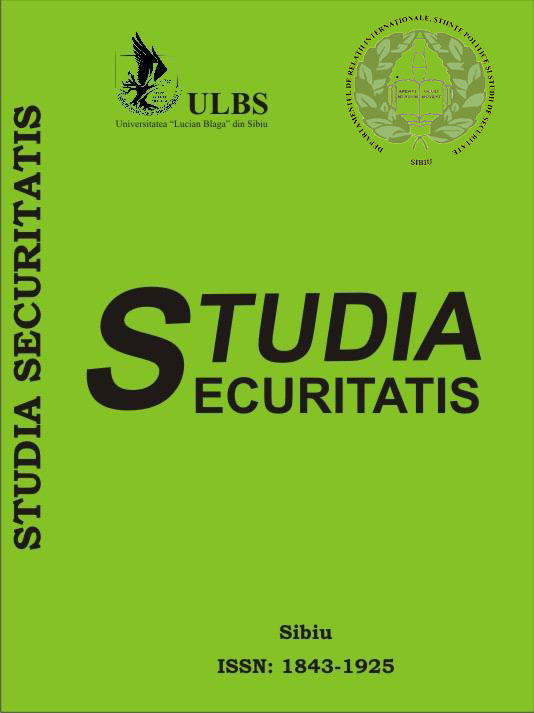Author(s): Petar D. Vasić / Language(s): Serbian
Issue: 16/2019
The state has a very clear benefit from achieving simple reproduction of the population, because it ensures the continuity of the state as a political and economic system. As the reproduction of population is important for the state, it is also important for local governments. The functioning of institutions at the local level and the intensity of economic activity will indirectly depend on the size and structure of the population in that territory. Taking into account the specifics of the demographic and socio-economic development of each local government unit individually, it is possible to point out the potential area for additional measures to encourage fertility and to give recommendations for the establishing of these measures. The intention was to identify cities of significant population size (100.000-150.000) in Serbia in which there is a long-term problem of bellow replacement fertility. In this sense, 9 cities were "approximate" population size and relatively balanced social and economic opportunities. Three cities are from the region of Vojvodina (Pancevo, Zrenjanin and Subotica), two cities from the region of South and East Serbia (Smederevo and Leskovac) and four cities from the region of Western Serbia and Sumadija (Sabac, Cacak, Kraljevo and Krusevac). The analysis takes only those most valuable indicators that directly or indirectly speak about the demographic and socio-economic characteristics of the local population and the local environment, and are of importance for the decision of an individual in the sphere of marriage and parenting. On the basis of the analysis undertaken several regularities can be noticed, that is, the differences among the observed cities are smallest when the demographic characteristics of the population are at stake, something greater when the social characteristics of the population are at stake and the biggest at the socioeconomic characteristics of the local environment. Thus, the average variability among the observed cities, when it comes to the characteristics of the local environment, is more than three times higher than the variability of the characteristics of the local population, and V=31% according to V=13% respectively. Considering the position and role of local governments in the political system, there is no more significant issue of immediate interest for the local population than the issue of reproduction of that population. However, one of the important obstacles in the quality and efficient implementation of local measures of population policy is the fact that local governments deal more often with the styche instead of dealing with these issues in a systematic and organized way. It is for each of the local communities that the problem of insufficient birth is high on the agenda of their own priorities, because the modern local community has the obligation to establish its population policy in order to supplement the measures of population policy of higher levels of state structures. It is very important to highlight the basic principles on which local population policy measures should be based. These principles are: the long-term lasting and the stability of the established measures, the clear population dimension of established measures, conformity and not the identity with the measures of state bodies, the establishment of funds for population policy and the obligatory simultaneous definition of measures of material and non-material nature.
More...
